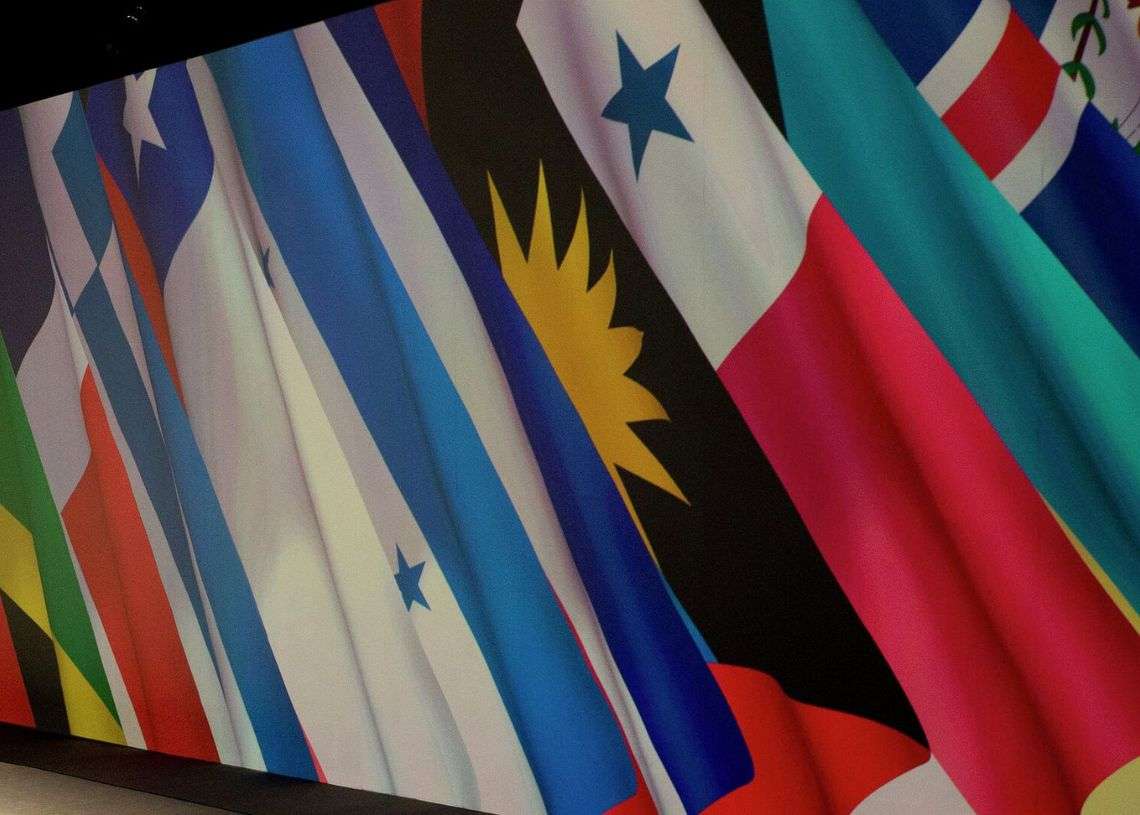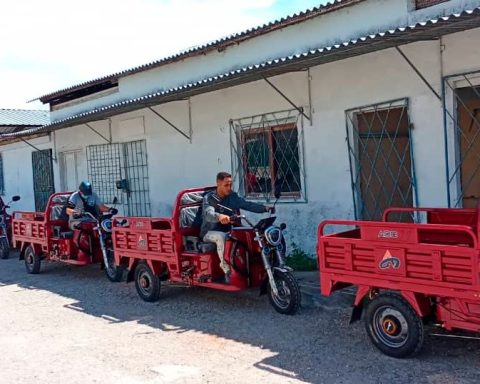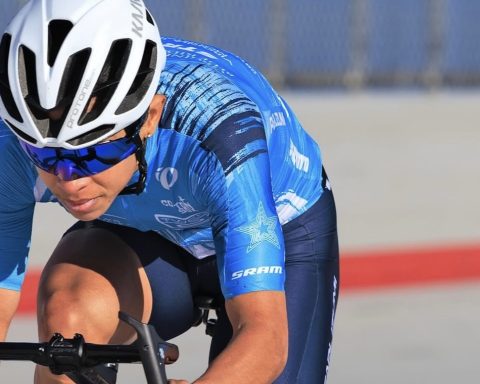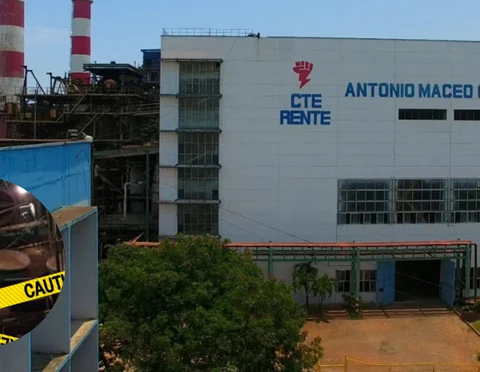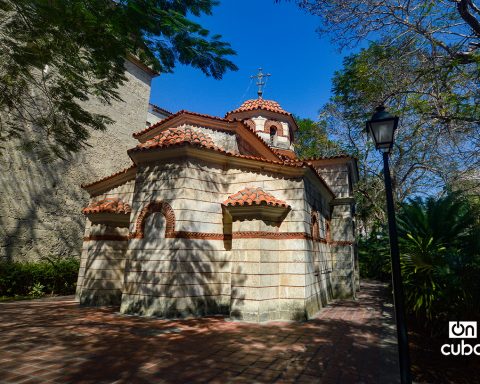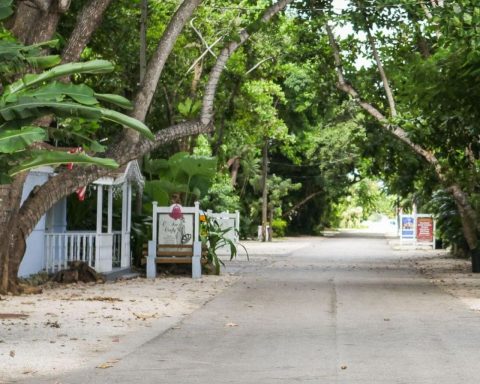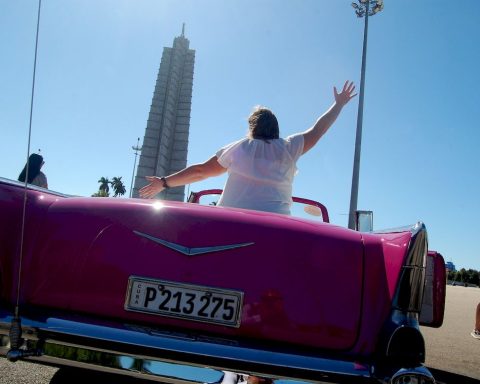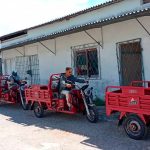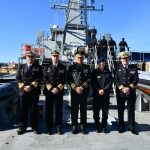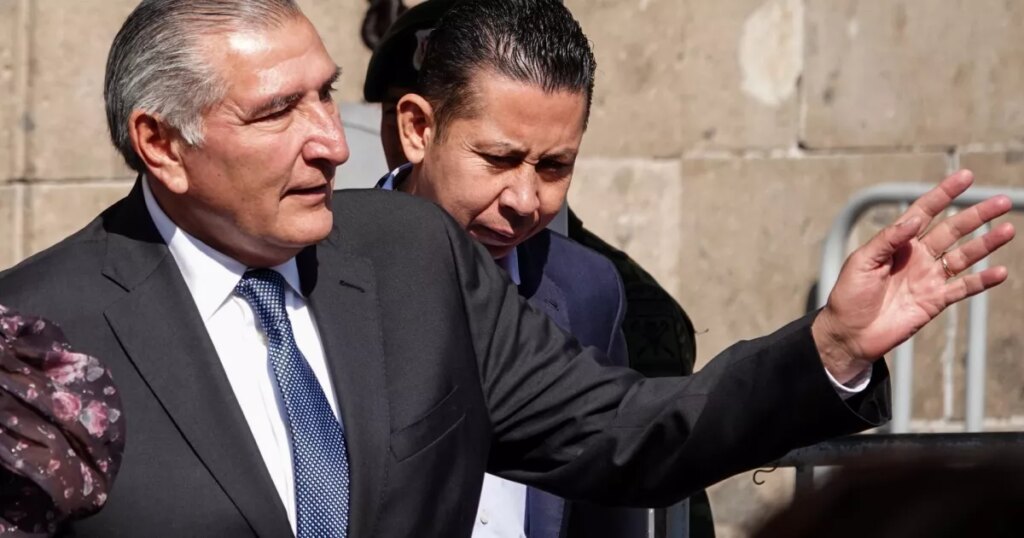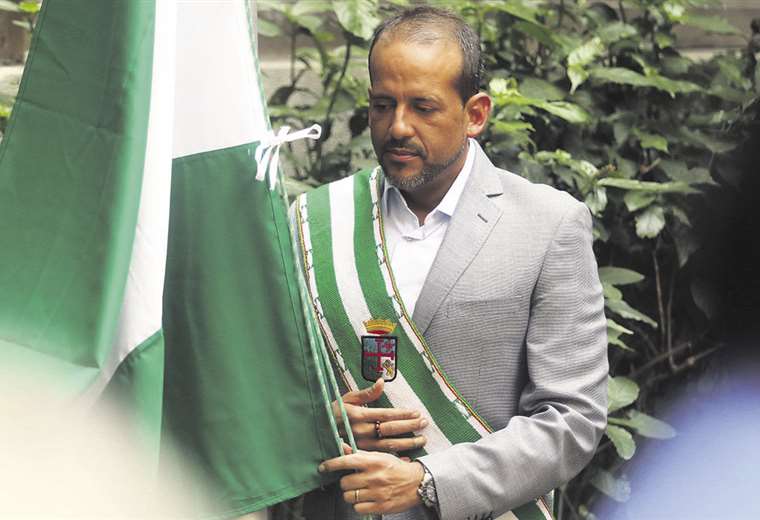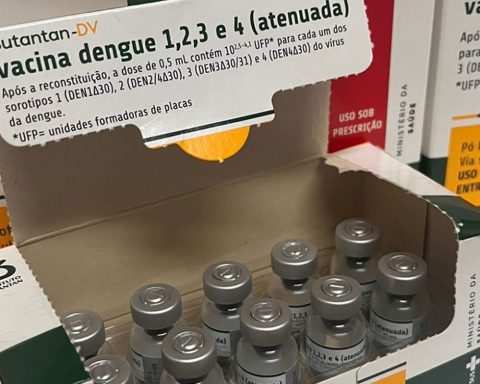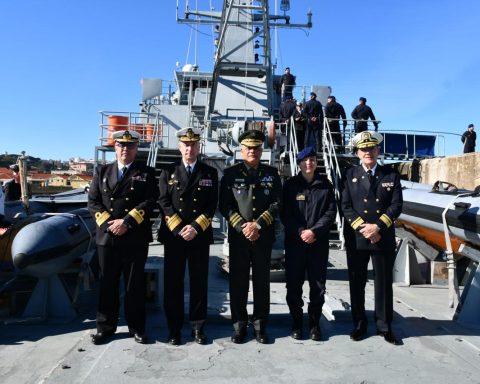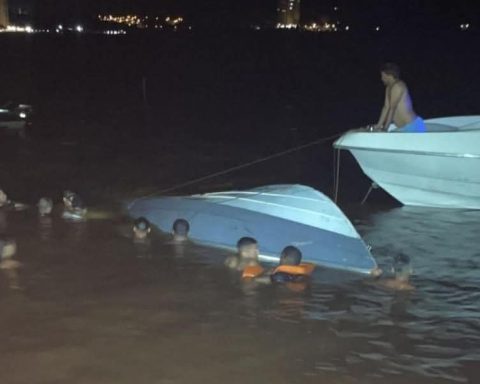With the attendance of less than half of the summoned leaders, the VII Summit of the Conference of Latin American and Caribbean States (Celac) in Buenos Aires is marked by significant developments and a backdrop of tensions.
His absence is no longer surprising, but President Andrés Manuel López Obrador once again disdains a multilateral meeting.
Just two weeks earlier, hosting Joe Biden and Justin Trudeau, López Obrador emphatically defended his continental integration plan so that the impact of the North American trade agreement spreads to the rest of the hemisphere.
Now he is passing up the opportunity to talk about what seemed to be one of his foreign policy priorities with those who could be protagonists: the Chilean Gabriel Boric, the Argentine Alberto Fernández, the Brazilian Luiz Inacio Lula and the Colombian Gustavo Petro, who represent the major leagues. economies of the region.
Nor will Daniel Ortega be in the Celac. Maybe better for him. He will avoid facing challenges to the totalitarianism in which Nicaragua is sinking and its maximum expression, the hundreds of political prisoners, including former Sandinista commanders and former presidential candidates.
The Peruvian Dina Boluarte cannot consider even a short trip, with her country literally on fire.
In his first trip abroad since he assumed the Presidency on January 1, Lula is on an official visit to strengthen bilateral relations with Argentina. He reappears in Buenos Aires as president and accentuates the return of his country to Celac, after two years of absence due to Bolsonaro’s decision.
There is a consensus in the region to support Brazilian institutions against the Bolsonaro coup attack. On the other hand, there are differences on the Peruvian crisis: from calls to Boluarte for moderation and an end to repression to the defense of Pedro Castillo as president.
Whether Guillermo Lasso goes or not, his dispute with Fernández is on the table. María de los Ángeles Duarte, Minister of Public Works with Rafael Correa (2007–2017), is sheltering in the Argentine embassy in Quito. Ecuador denies the safe conduct, based on a sentence of eight years in prison for bribery against the former minister. Duarte denies the charges and considers herself politically persecuted.
The summit is attended by Christopher Dodd, Biden’s special advisor for the Americas, and Chinese President Xi Jinping sends a message. On the other hand, Luis Almagro is not even invited, an ostensible sign of his precarious support in the Organization of American States (OAS).
Behind the curtain, conflicts coexist such as the one between Guatemala and Colombia, which withdrew their respective ambassadors after an accusation of corruption by the government of Alejandro Giammattei against the Defense Minister of Petro, Iván Velásquez, who was, no less, the president of the international commission that investigated corruption in the Central American country. In addition, Colombia and Nicaragua maintain without definitively closing a conflict over marine limits. In contrast, Colombia and Venezuela are sitting at the table with a rehabilitated bilateral relationship, with open borders.
After years of violent clash with the United States during the Trump era and the first half of Biden, Cuba and Venezuela see signs of limited détente and demand a total cessation of reprisals. Washington seeks to eliminate at all costs the arrival of undocumented immigrants, among others, from those two countries, to which, in addition, it reiterates its demand for respect for human rights.
*This text was originally published on the blog From the Greater Caribbean of The Day. It is reproduced with the express permission of its author.
